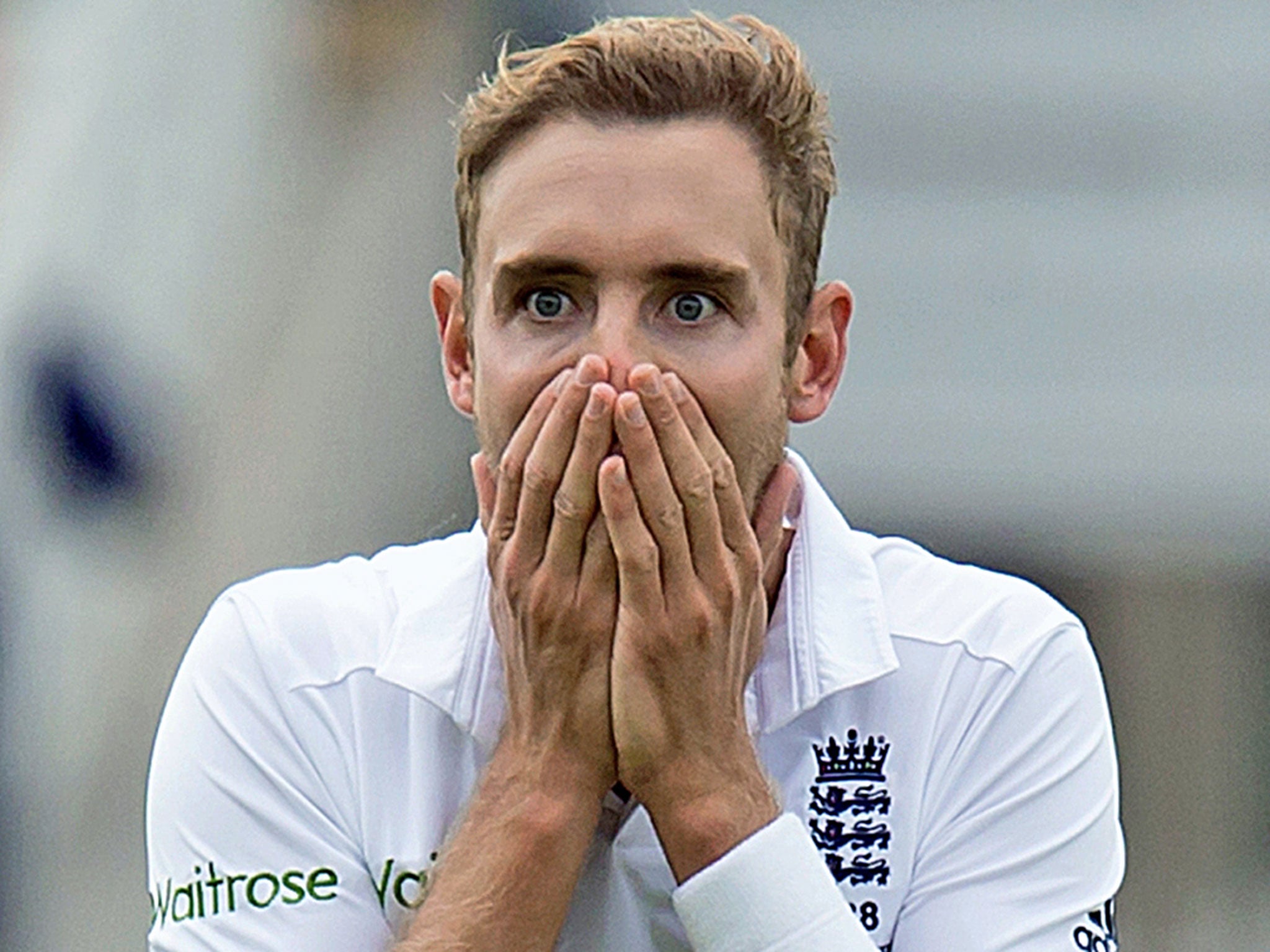Your support helps us to tell the story
From reproductive rights to climate change to Big Tech, The Independent is on the ground when the story is developing. Whether it's investigating the financials of Elon Musk's pro-Trump PAC or producing our latest documentary, 'The A Word', which shines a light on the American women fighting for reproductive rights, we know how important it is to parse out the facts from the messaging.
At such a critical moment in US history, we need reporters on the ground. Your donation allows us to keep sending journalists to speak to both sides of the story.
The Independent is trusted by Americans across the entire political spectrum. And unlike many other quality news outlets, we choose not to lock Americans out of our reporting and analysis with paywalls. We believe quality journalism should be available to everyone, paid for by those who can afford it.
Your support makes all the difference.Having been born as the 1970s drew to a close, my nascent cricketing fandom revolved around late ‘80s annihilations followed by the emergence of youngsters like Atherton, Hussain, Thorpe and Gough, who seemed brilliant but still mainly lost. There were many times when defeat was so awful it left a pang of sickening sadness in its wake. The regularity of the setbacks didn’t make them easier to take.
The disaster of 1988, the summer of four captains; a triple thrashing on tour to India in ’93; almost any Ashes series you care to mention. Every time, my expectations began optimistically high before crumbling in the face of desperate reality.
But even back then, the pain of disappointment was occasionally lightened by a different type of sickness; a nausea brought on by the excitement of an electric spell, the thrill of an unlikely win. Like when Phil Tufnell spun out the Windies at the Oval in ‘91, leading to a drawn series against the best team in the world. Or Australia’s collapse on the first day of the Edgbaston test in 1997, which ended in English victory and a temporary outbreak of belief.
The victory sickness became a pleasingly familiar ailment as England became world-beaters in the 2000s, culminating in the most gut-wrenching glory of all in 2005. Every test of that Ashes series left the heart pounding, the stomach churning: infirmity through euphoria. I thought perhaps I would not know such cricketing giddiness again.
And then came Thursday, and Stuart Broad. I wish I’d been there. But I wasn’t; I was in the office, watching on telly. Yet it didn’t really matter. With every wicket, the sickly feeling of trepidatious wonder rose. Catch after catch was pouched and it began to seem achingly possible that the Aussies really would be all out before lunch. I could not help but jump to my feet with each departing batsman. By the end I felt delirious.
No other sport can do this. They all have their moments of course, but none can create this level of drama and sustain it over such a period. And while what we saw on Thursday morning may veer from the norm, it was emblematic of a game which can lurch unstoppably unless an opponent stands up to be counted. On Thursday, every Aussie fell down and I was left happily frail by the joyousness of it all.
****************
Footballers are supremely camera-conscious. Goal celebrations are neatly devised for those watching in the stands and at home: miming a babe in arms, flashing an under-shirt message, or doing the robot. There is little spontaneity.
There have been a few pre-planned revelries from cricketers, usually batsman. Dinesh Ramdin’s neatly folded message to Viv Richards was perhaps the most notable.
But mostly cricket avoids choreography. Perhaps the distance from the square to the spectators precludes it. Whatever the reason, we should be thankful. Stuart Broad’s impulsive hands-over-the-mouth astonishment at Ben Stokes’ uber-catch on Thursday was as wonderful in its own way as his bowling.

Join our commenting forum
Join thought-provoking conversations, follow other Independent readers and see their replies
Comments